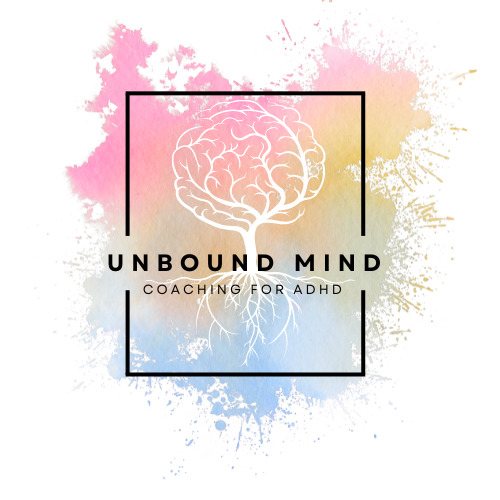Pills don’t teach skills
I’ll start with a disclaimer to soothe the haters…
This is not a blog designed to trash talk medication for ADHD- for many, this can be a really successful tool for managing challenging symptoms of the condition and if that works, fantastic!
However, for lots of others, medication does not have the desired or expected effect (around 1 in 5 people do not feel any benefit from taking ADHD meds, or may even feel adverse effects!). General clinical guidance doesn’t provide the clearest indications of how successful a medication is likely to be in the first place, although there are some statistics indicating that the medication is less likely to be effective when used long-term due to building a tolerance to the dosage. So, there is a chance the drug MIGHT help with SOME symptoms.
What often isn’t discussed, is the fact that taking this medication may help to reduce the severity of symptoms, but it won’t help you to understand how the condition impacts your individual experience, nor will it likely help you find the ways to overcome the challenges on your own.
Now this being said, it’s super important to bear in mind that both medication and coaching are viable options. They can absolutely be used together or separate. Medication can make certain things easier, but ADHD specific systems and strategies are often necessary in addition to the medication to maximise the benefits of ADHD and minimise the challenges. In fact, many clinical specialists are finally acknowledging how helpful coaching can be alongside medicated treatment for the condition!
ADHD is known as a ‘chronic condition’, i.e. your beautiful brain is built differently. There’s nothing wrong with that, you are not ‘broken’, in fact you’ve got many strengths you may not even know yet! Though, without some reasonable adjustments in place, certain situations or tasks may feel extra hard.
So my dear reader, you could rely on pharmaceuticals to get you through life (assuming you had the patience to jump through the various hoops to be prescribed in the first place) and continue believing that you’ll never be able to manage your unique, wayward brain OR you could start experimenting with additional options that are more likely to offer lasting, sustainable solutions.
To summarise, things that medicated treatments might be able to help with:
attention
focus
restlessness
other executive function issues
switching between tasks
Things that coaching could help to address:
All of the above
emotional dysregulation
building neurodiverse friendly structures
contextualising & validating your experiences
learning how to understand your brain & it’s unique needs
understanding how neurodiversity can impact your functioning, relationships, study and/or work
building self confidence, resilience and self-esteem
Bottom line: coaching is likely to help give you the opportunity to increase your quality of life if you’re living with ADHD and/or other neurodiverse conditions.
What else are you waiting for? Get in touch and see if I’m the right coach for you!

